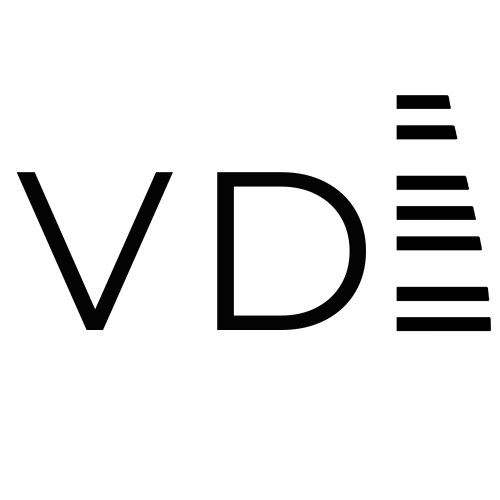Giftedness, Neurodivergence and Vertical Development
In this episode, I am joined by a self-confessed fellow 'nerd' to explore a topic that has hardly ever been discussed in relation to vertical development: adult giftedness and neurodivergence.
Dr. Tracy Winter is is a leadership coach specializing in neurodiversity and founder of Nerd Coach. She enjoys coaching clients who are gifted, ADHDers, autistic, dyslexic, and more. Each client she meets has a unique brain that deserves its own unique approach, and she partners with her clients to use their strengths to reach the outcomes they desire. Tracy trains new ADHD coaches and is a mentor coach for students at the International ADHD Coach Training Center. She also facilitates leadership development training with organizations such as Tesla and has been an adjunct professor at The Chicago School of Professional Psychology.
Tracy earned a Ph.D. in Human Development, an MA in Human and Organization Systems, and an Evidence-Based Coaching Certificate from Fielding Graduate University. Her dissertation focused on the social-emotional needs of highly gifted adults. Tracy also holds a Professional Certified Coach (PCC) credential from the International Coach Federation (ICF) and is the immediate Past President of the ICF Greater Austin Chapter.
Here are a few of the things Tracy has learnt in her work and which we explore in our dialogue together:
Many neurodivergent adults (particularly gifted ones) don't self-identify as such
Neurodivergent people often have different social-emotional needs that go unnoticed.
Development in neurodivergent people is by excellence asynchronous - with some exceptionally developed capacities in some areas and limitations in others. That holds true of vertical development more broadly - where lines of development rarely, if ever, evolve at the same pace.
People often have the solutions within them; they just need the right questions to find them - so that's why coaching can be an extremely powerful tool for neurodivergent people.
Being and feeling truly seen can make an incredibly positive difference to someone's long-term development and yet is an experience neurodivergent people are most often deprived of.
This has been both an intellectually stimulating and enlightening conversation and a very personal one. Tracy and I dove into some of our lived experiences of neurodivergence and the gifts and challenges that come with that and explore why leaning in with curiosity towards the 'different other' might be the smallest most transformative thing we could do in families, teams and society to help harness the huge (and often untapped into) potential of the neurodivergent among us.
Useful Resources:
Tracy’s dissertation on the self-concept of gifted adults
Tracy’s coach (and neurodiversity expert): Kate Arms
Check out our webinar with Tracy Winter on the Vertical Development Coaching of Neurodivergent Adults, where we take the core insights from this conversation deeper

